-
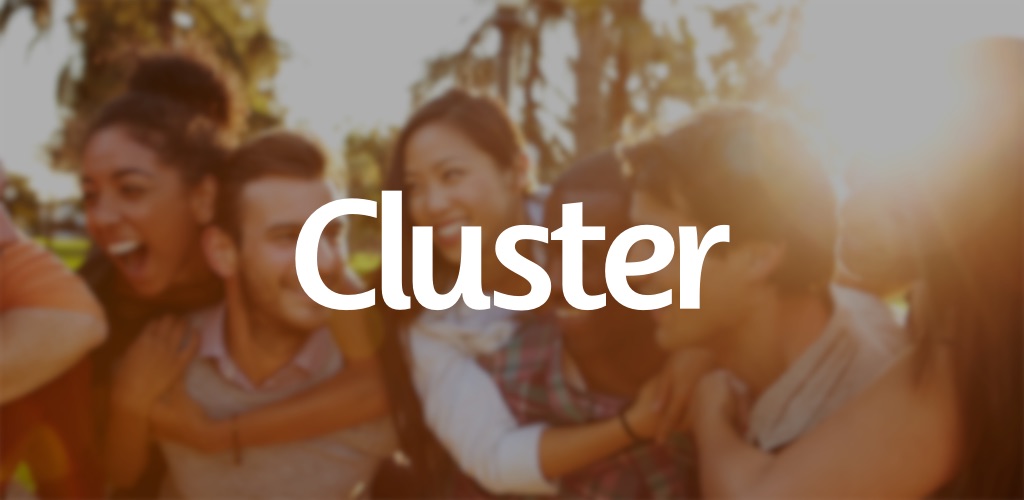
Cluster
Private group sharing with friends and family.
Cluster gives you a private space to share photos and memories with the people you choose, away from social media. Make your own groups and share pics, videos, comments, and chat!



-

Tripcast
A living travel journal for your friends back home.
Tripcast lets you share your travel photos with the people who want to see everything, not just the highlights. Start a trip, invite your friends and family to the album, and give them live photo updates from the road!



-

Homeroom
Give parents a seat in the classroom.
Homeroom is an easy way to share what's happening in your classroom with your students' parents. Upload your photos safely to private classroom albums only parents and teachers can see, away from the rest of the internet.



Cluster Labs
Cluster is a small team working to create best in class mobile experiences. Almost all our apps are built on top of our single core platform and are regularly featured for promotion on Apple's App Store and Google Play. Some of our writing is used as unofficial guides for mobile development.
Apps
Most of our products are focused providing experiences that empower people to enhance their relationships with close family and friends.
Writing
Building a startup is hard, and we continually rely on information shared by people who are facing the same challenges we are. When we feel like we learn something that hasn't been written about much, we try to share as much as possible. Here is a list of some of the things we've learned, as well as some of our ideas for the future.
-
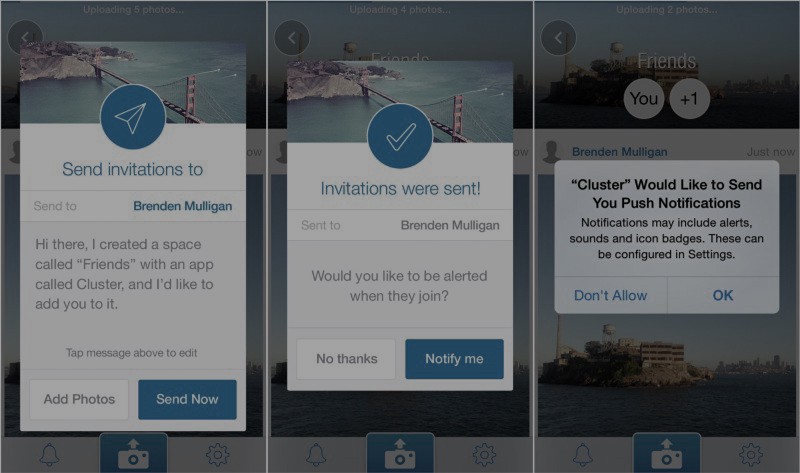
The Right Way to Ask Users for iOS Permissions
How Cluster dramatically increased iOS access conversion
Cluster is the first native mobile app I’ve designed, and the experience has taught me a lot about things to consider that aren’t necessarily a concern on the web. When creating a web app, you’re just building a page a user visits. But when creating a native experience, you’re not only asking them to download something but also probably asking them to give you access to their location or personal data. It’s a completely different relationship. Because of this dynamic, we’ve spent significant time at Cluster on small interactions that increase users’ comfort and trust. One area we’ve focused on in particular is how we ask iOS users for access to things on their phone. Our biggest takeaway: don’t ask a user for access until you really need it, and make sure it’s crystal clear what they will get in return.
-
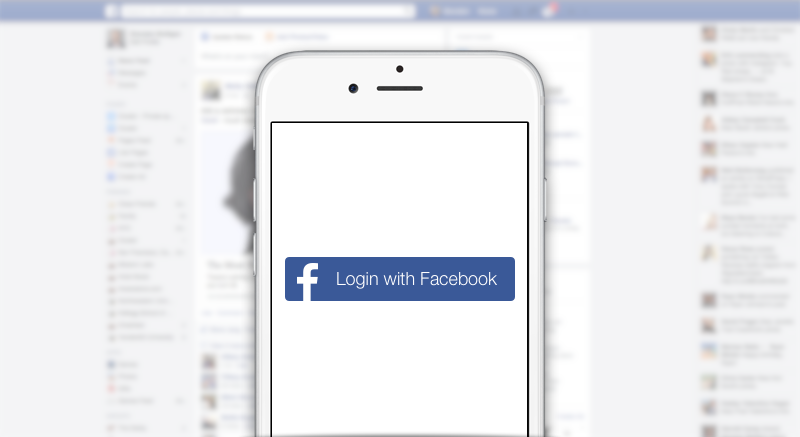
The unexpected costs of third-party login
Login with Facebook is less beneficial and more work than you think
People have been signing up for Cluster for almost two years now. We’ve watched dozens of new users sign up during live user tests, and we’ve analyzed our signup data and answered countless support inquiries to glean a pile of insights. When we first launched in February 2013, we offered one simple login option: Login with Facebook. We made the decision in a hurry and didn’t fully grasp the long-term implications of our choice.
-
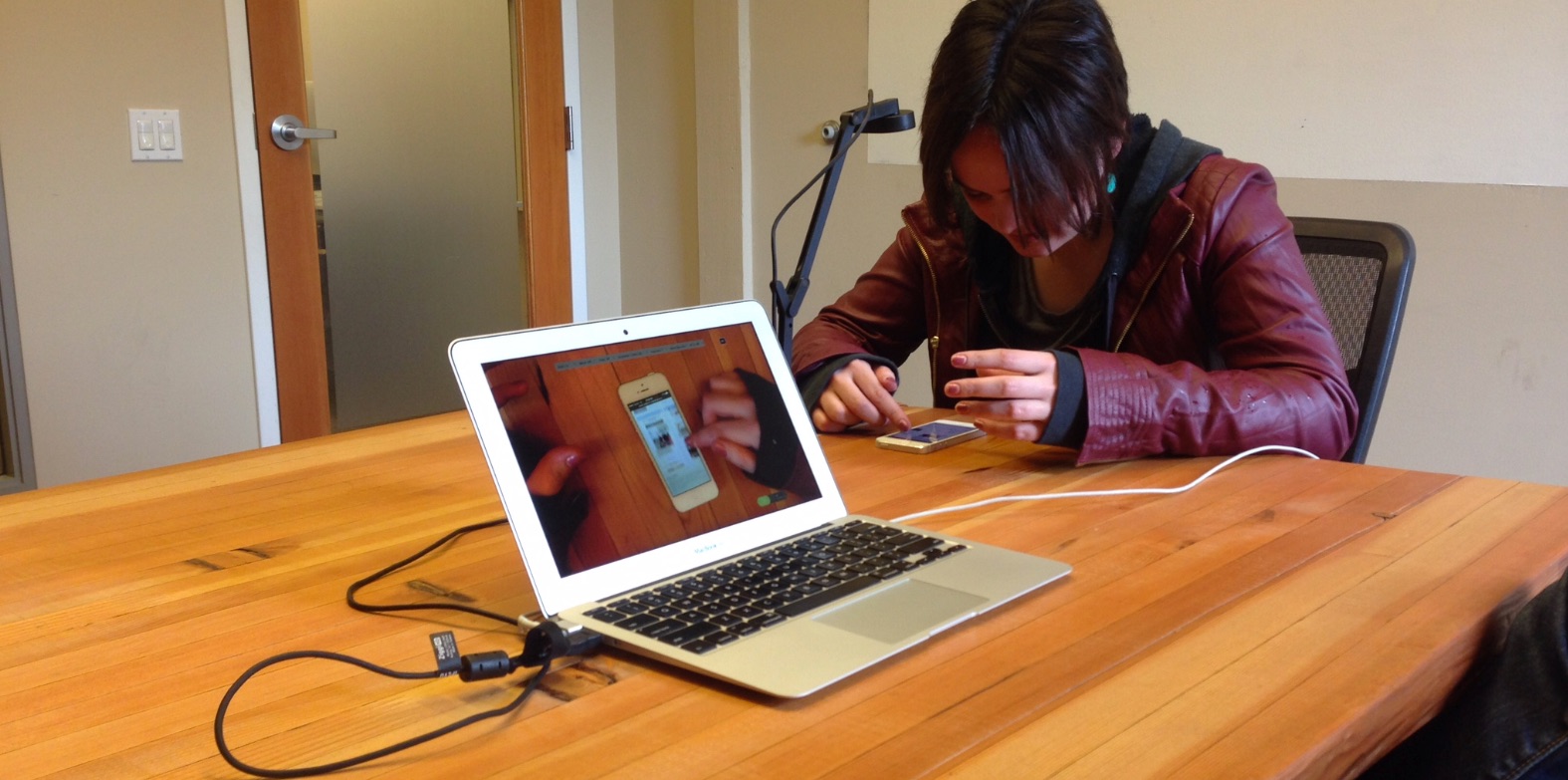
How to Run Live User Testing Sessions
The 3-part series on getting high quality, actionable feedback
While rapid iteration is wonderful, at times we also slow down and make more deliberate decisions about larger changes. When this happens, we run user testing sessions, where we recruit and bring in potential users to walk through the app and give us feedback. Earlier this year, we were working on a big update. We decided to use this opportunity to bring in users and ask a bunch of questions about various prototypes.
-

How Google Can Leverage Facebook’s Biggest Weakness
And why the future is all about private sharing
When Google initially launched Plus, it was clear they just wanted users to move over from Facebook. Google+ didn’t give users a new way to interact, it just copied another social network’s model. I believe Google not only can build social products, but has a better shot than Facebook at building what the next generation of social networking users want.
-
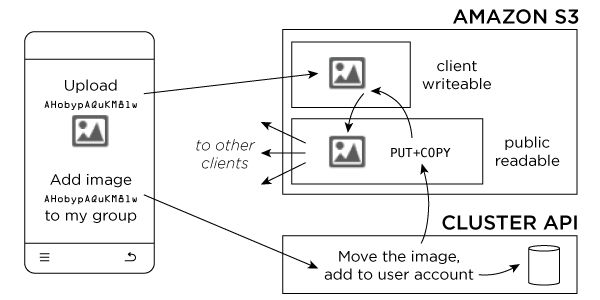
On-the-fly media upload processing with Google Go
How we make mobile photo and video uploads fast
Mobile uploads to Cluster typically happen over slow mobile networks, and these uploads can take quite a long time — they also fail often and need to be retried. As a result, we have separated uploads from normal backend API requests — we don’t want these finicky upload requests contending for the same infrastructure we use to serve user data quickly.
-

How I Learned to Stop Panicking and Love the Hack
Perfect code doesn’t matter as much as you think
In January 2010, I moved from Chicago to San Francisco to work at YouTube. After an amazing interview with super-smart folks, I was excited to learn how to develop software the Right Way in the big leagues. In the end, I learned more than I had hoped for — but only after coming to terms with the Right Way being nothing like what I expected.
-
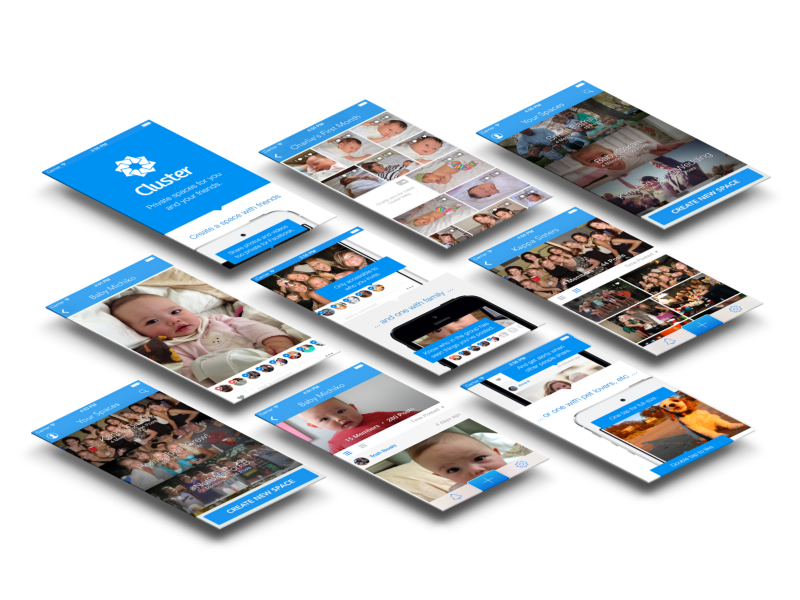
Refining our focus as users stretched the product
Cluster’s Evolution
It’s great when users find lots of ways to use your app. Sometimes they unlock things you never intended. The important part of the process is to listen and learn. That’s what we’ve been doing for the past year at Cluster. We’ve spent the past few months studying users and redesigning the app to focus on private social sharing.
-

The right way to implement Facebook login for your app
A technical guide
Logging in with Facebook theoretically solves a lot of problems for app developers. But it’s not overly clear the best way to go about it, and many examples on the web advocate the wrong strategy. Here’s what we’ve learned integrating Login with Facebook in Cluster.
Team
The Cluster Labs team is an incredibly efficient group of engineers and designers who know how to rapidly build and launch apps across mobile and web platforms.
